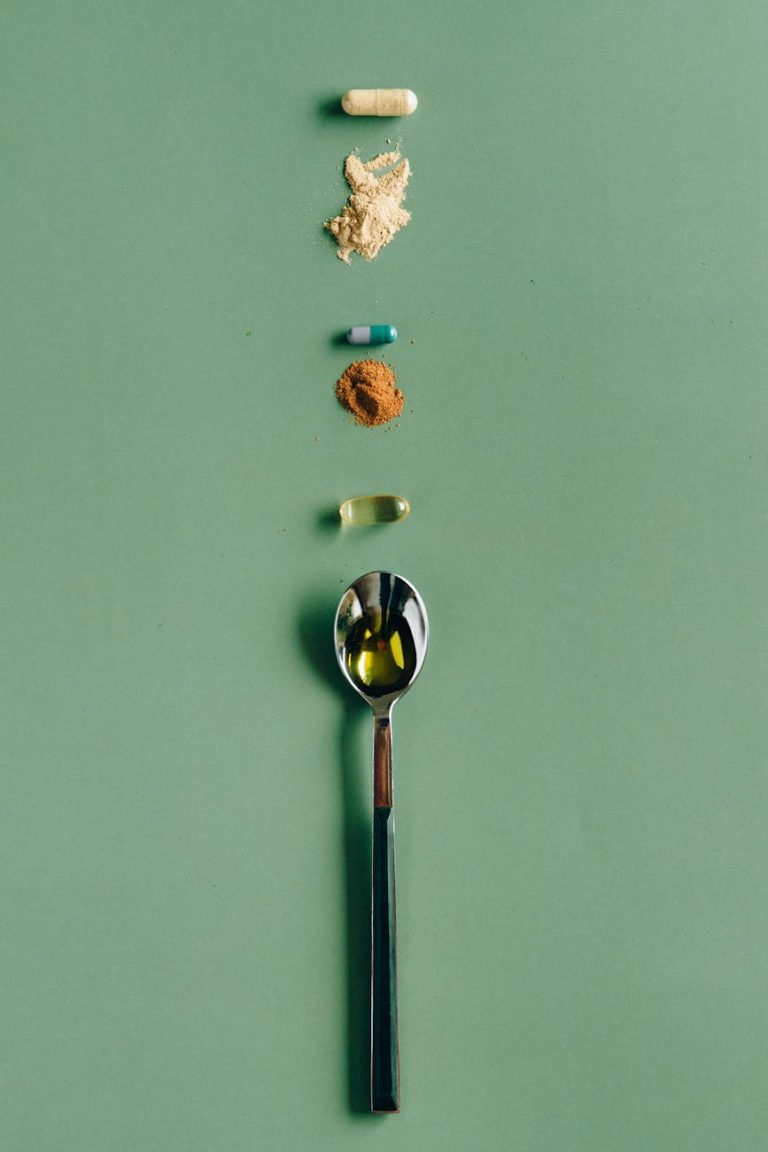
Post-Workout Recovery: Best Strategies for Rapid Results
Exercise is an essential part of a healthy lifestyle, but what you do after your workout is just as crucial as the workout itself. Post-workout recovery is key to maximizing your performance, building muscle, and preventing injuries. In this article, we will explore the best strategies for rapid recovery to help you optimize your fitness results.
Importance of Post-Workout Recovery
After a challenging workout, your muscles need time to repair and rebuild. Post-workout recovery allows your body to replenish energy stores, repair damaged tissues, and remove waste products such as lactic acid. Neglecting the recovery phase can lead to muscle soreness, fatigue, and decreased performance in subsequent workouts.
Nutrition for Recovery
Nutrition plays a vital role in post-workout recovery. To enhance muscle repair and growth, it’s crucial to consume a combination of protein and carbohydrates soon after your workout. Protein helps rebuild muscle fibers, while carbohydrates replenish glycogen stores and provide energy. Including sources of healthy fats and antioxidants in your post-workout meal can also support recovery and reduce inflammation.
Hydration
Proper hydration is essential for optimal recovery. Sweating during exercise leads to fluid loss, so it’s crucial to replace lost fluids by drinking water before, during, and after your workout. Dehydration can impair muscle recovery and performance, so aim to drink enough water throughout the day to stay hydrated and aid in post-exercise recovery.
Rest and Sleep
Inadequate rest and sleep can hinder your body’s ability to recover from intense workouts. During sleep, the body releases growth hormone, which promotes muscle repair and growth. Aim for 7-9 hours of quality sleep per night to support optimal recovery and overall health. Rest days are also important to allow your muscles to recover and prevent overtraining.
Active Recovery
While rest is crucial for recovery, light activities such as walking, yoga, or swimming can promote blood flow and help reduce muscle soreness. Active recovery sessions can enhance flexibility, promote circulation, and speed up the removal of metabolic byproducts from your muscles. Incorporating active recovery days into your workout routine can optimize recovery and prepare your body for future training sessions.
Recovery Techniques
Various recovery techniques can help speed up muscle recovery and reduce soreness. Techniques such as foam rolling, stretching, massage, and ice baths can aid in muscle relaxation, improve circulation, and alleviate muscle tightness. Including these recovery strategies in your post-workout routine can enhance recovery and improve overall performance.
Listen to Your Body
One of the most important aspects of post-workout recovery is listening to your body. Pay attention to how your body feels after a workout and adjust your recovery strategies accordingly. If you experience excessive fatigue, persistent soreness, or decreased performance, it may be a sign that you need more rest or recovery time. By tuning into your body’s signals, you can optimize your recovery process and prevent injuries.
In conclusion, post-workout recovery is vital for achieving rapid results in your fitness journey. By prioritizing nutrition, hydration, rest, active recovery, and recovery techniques, you can enhance muscle repair, reduce soreness, and improve overall performance. Remember to listen to your body and tailor your recovery strategies to meet your individual needs. Implementing these best practices for post-workout recovery will help you maximize your gains and reach your fitness goals efficiently.



